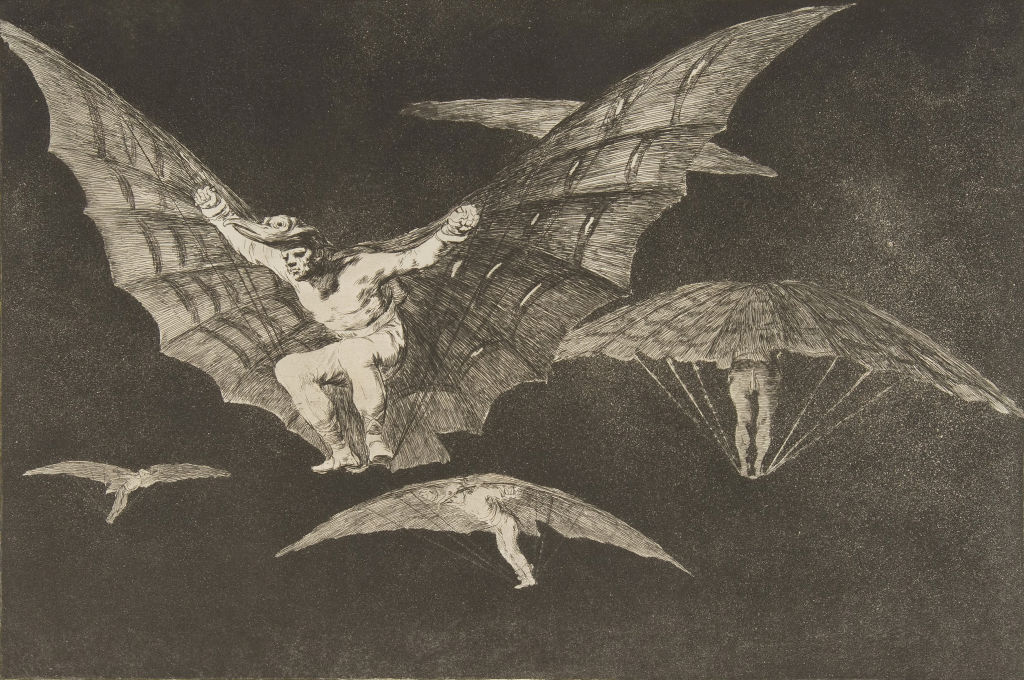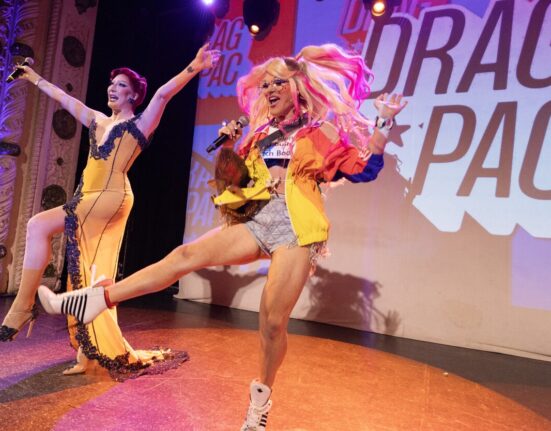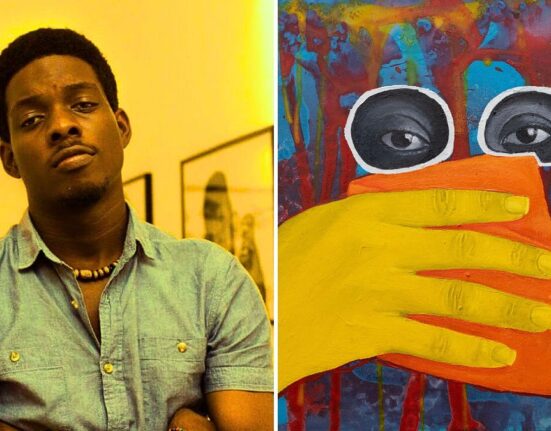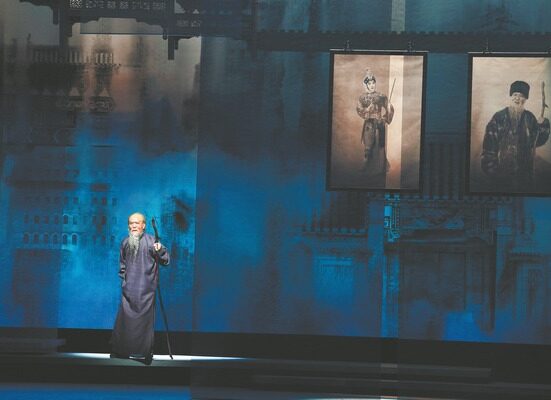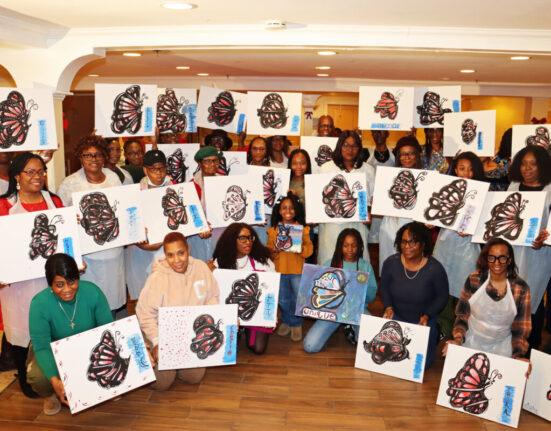To receive Morning Links in your inbox every weekday, sign up for our Breakfast with ARTnews newsletter.
THE HEADLINES
ALL ABOUT GOYA. The Hispanic Society Museum & Library has announced that it is launching a Goya Research Center this month based in its home in Manhattan’s Washington Heights neighborhood, reports The Art Newspaper. The research center will be led by the institution’s director, Guillaume Kientz—a Goya scholar who was curator of Spanish and Latin American art at the Musée du Louvre in Paris for nine years, who also organized an international symposium on the painter in 2013. “Goya is such an important artist. His reach goes beyond Spain, or only the 18th and 19th centuries,” Kientz said. “He’s really one of those humanist artists, like Leonardo or Michelangelo or Rembrandt, who resonates through time and space.” According to Kientz, contemporary research on the Spanish master has been thin. “So I thought it was our responsibility to foster a new generation who would dedicate their time and grey cells to Goya.” The new project anticipates the 200th anniversary of the artist’s death in 2028.
SO LONG! The news left the French art world in shock: Jean Blaise, the artistic director of the pioneering exhibition “Le Voyage à Nantes” is stepping down after contributing for more than forty years to the cultural development of Nantes, a city dramatically affected by World War II bombings. His motto was “Let’s create tomorrow’s heritage.” To do so, Blaise turned to blue-chip contemporary artists. Some were asked to loan existing works; others to create site-specific installations, for a display meant to spread all over the streets. Last summer, the 12-year-old event drew over 750,000 visitors and 75 millions euros. Blaise’s last edition puts the spotlight on nature. In an interview with Le Monde, he revisited the moments that had an impact on his life.
THE DIGEST
A pair of props from NBC’s original “Star Trek” series is heading to auction after disappearing for more than half a century—Captain Kirk‘s famed phaser and communicator to be exact. The items from the 1966 television show are expected to fetch between $100,000 and $200,000 when they go for sale at an auction co-hosted by Julien’s Auctions and TCM in Hollywood on November 9. [Artnet]
Fighting inappropriate tagging with commissioned street art? This idea is about to be tested in the French capital. The Paris City Council has voted in favor of subsidizing artistic frescoes for the metal curtains of certain shops, in hopes that it will limit the number of tags that cost “more than 6 million euros” to clean up each year. The subsidies, totalling 41,600 euros, will go to two shopkeepers’ associations eager to “embellish the urban space.” [Beaux Arts]
The Beaufort24 triennial, titled “The Fabric of Life,” consists of eighteen sculptural works spread across nine towns along the Flemish coast, from La Panne to Knokke-Heist. This 68-kilometer outdoor display featuring Johan Creten, Lucy + Jorge Orta, Richard Deacon, shows how men and nature may connect through contemporary art. [IDEAT]
The island of Leros, situated in the Dodecanese, close to Turkey, presents “All Things Become Islands Before My Senses”, a group exhibition, which is actually the second edition of a project launched last year by Perasma, a structure founded in 2017 by Gizem Naz Kudunoğlu and Burcu Fikretoğlu. “I was born in Turkey, but my family comes from Greece. I wanted to create something that was a meeting point between the two,” Fikretoğlu said. [Le Quotidien de l’Art]
The Port Authority of New York and New Jersey and JFK Millennium Partners (JMP), the company selected to build and operate the highly anticipated $4.2 billion Terminal 6 (T6) at John F. Kennedy International Airport, has announced that 18 artists, including Charles Gaines and Barbara Kruger, have been selected to debut new public art commissions by 2026. [The New York Times]
THE KICKER
THE ART OF DRESSING (UP). Cooking is art, so is picking an outfit to do so. French brigade-style “chef whites” may not be on the runways, but kitchen mainstays like clogs and canvas overshirts have infiltrated the sartorial lexicon of some people. “In a fashion landscape defined by waste, there’s something appealing about stocking one’s closet with an enduring uniform that evokes an active yet aesthetic life. The culture of clothing becomes an extension of a chef’s body, and their trusted tools—sharp knives, bench scrapers, seasoned wooden spoons—become badges of honor tended to with pride.” CULTURED asked six culinary stars to reflect on their go-to uniforms. [CULTURED]

